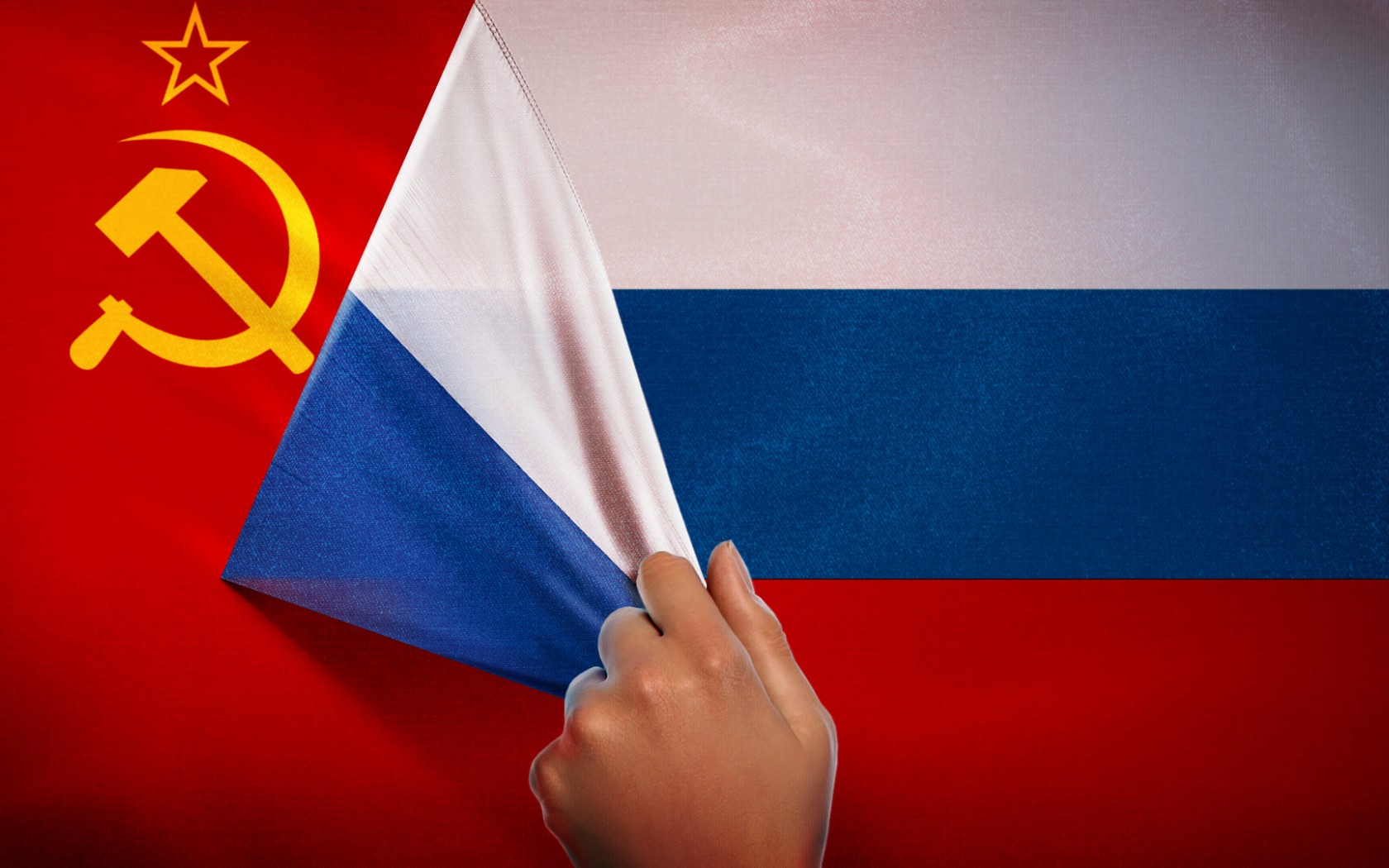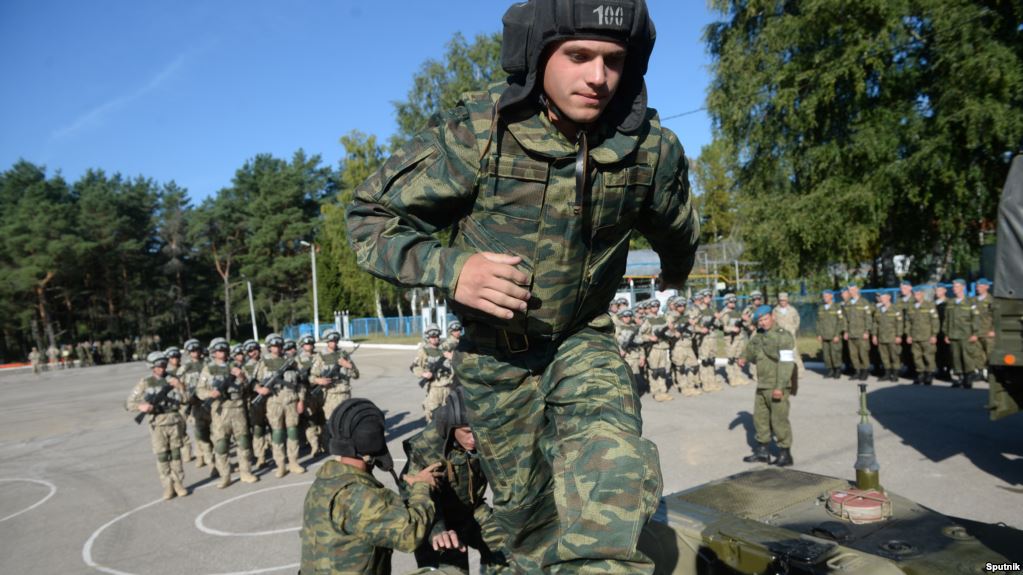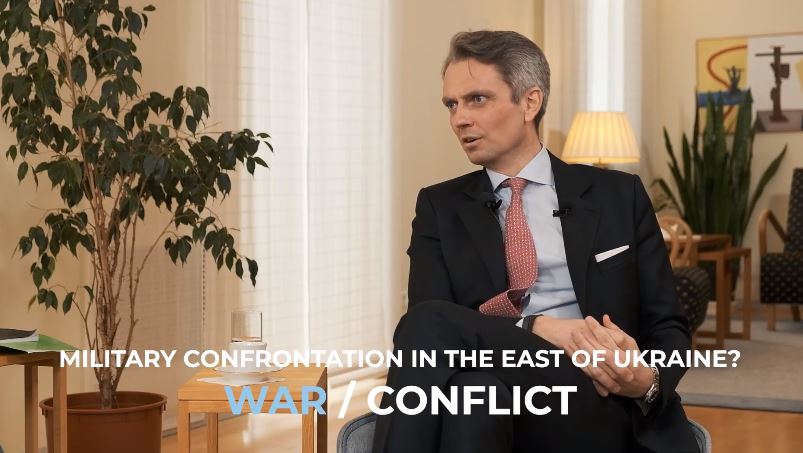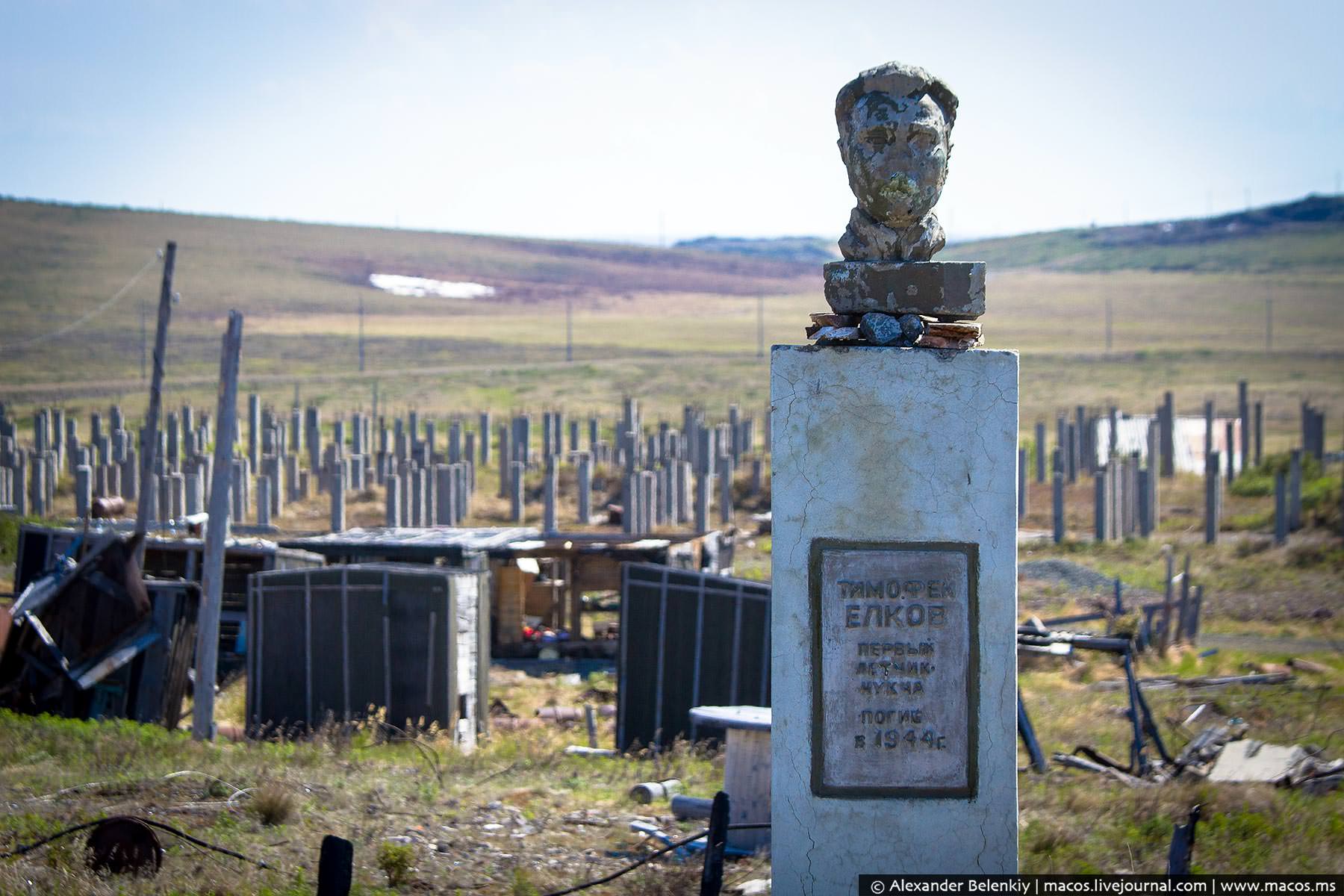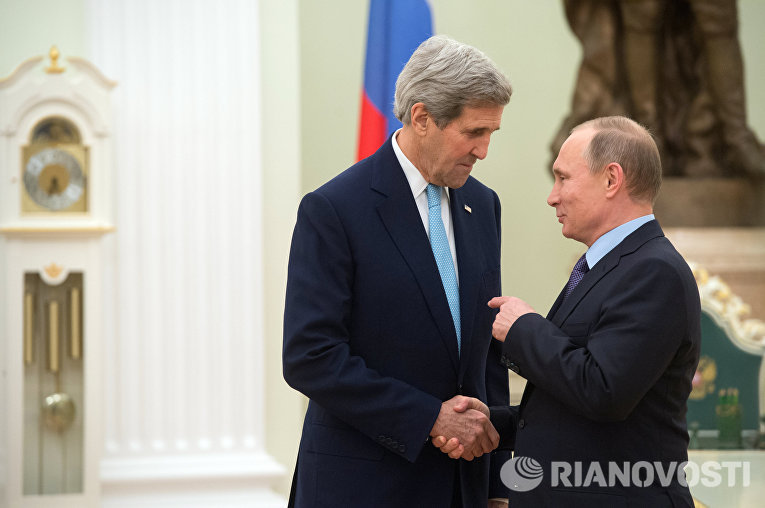In scathing terms, Elizaveta Aleksandrova-Zorina denounces the ways in which the Putin regime has promoted Russian national pride in order to conceal the way in which those near the throne are stealing the country blind and to suppress any concerns about human rights and individual dignity.
In a commentary in “Moskovsky komsomolets” yesterday, the Moscow commentator says that those who “are ashamed of the present and fear the future” take refuge in being “proud of the past. Moreover, she continues, “not being in a position to change their own lives, they destroy others.”
And Aleksandrova-Zorina says, “in Russia, the people have been separated from the state,” whose “narrow ruling class treats the resources of the country as if they owned them and the state budget as their personal money bag.” The only way to maintain this is to promote national pride in place of dignity and war instead of the struggle for individual rights.
“Why have people in Russia so easily forgotten that the Ukrainians are a fraternal people?” she asks. The reason is that “today it doesn’t matter who one hates.” It is only important that one does because those who hate others won’t pay attention to the ways in which they and their rights are being suppressed.
That in turn has involved “a witch hunt” for liberals and foreign agents, who just happen to be found “exclusively in the opposition,” even though the regime itself is carrying out “to their logical conclusion,” the liberal reforms begun in the 1990s, leaving the country with destroyed industry, educational system and medical system.
The Russian people are told to hold America and “the fifth column” responsible for all of this. But “where is America – in the Kremlin? Is ‘the fifth column’ in the government?” she asks rhetorically. But the regime knows what it is doing, the more “external” enemies Russians believe in, then the “more strongly” they “unite around the oligarchic higher-ups.”
What is going on, the “Moskovsky komsomolets” commentator says, is simple displacement, the kind people see in everyday life. A boss who has fought with his wife takes it on his subordinate who can’t respond and so goes up at the end of the day and takes it out on his wife.
When the Russian people can’t affect what their government does, it is much easier and more comfortable to direct “all their hatred” against the American president, and “when the resident of a dying little town where the factory, hospital and school are closed can’t do anything about that, he can be sent off to the Donbas.”
“In the provinces, millions of people live without plumbing” and have to make do with outhouses just as their great-grandparents did. And they have to rely on wood stoves even though they live in what the authorities are proud to call “an oil and gas empire.” For many of them, a gas connection to their homes is “an unachievable dream.”
But there is one part of modern civilization which has not passed even these places by: every home in every village has a television disk, and every evening they listen to people on TV tell them that “the entire world hates Russians only because they are Russians” and that they must understand “patriotism” to include “blind support for the powers that be.”
The talking heads on Moscow television love to speak about the achievements of the past, largely because there are not very many achievements now. They talk about Soviet triumphs in space but “minimize the fact that today our satellites fall out of the sky like stars.” They talk about education and science and industry but again about the past not the present.
The Russian people are pleased to accept this “hypocritical ‘patriotism’” because it is “psychologically comfortable” for those who are “the most denigrated, without rights, and poor in spirit” and who want to have “a sense of superiority over the residents of other, considerably more well-off countries.”
The only defense against such propaganda, she continues, is “a critical view and healthy skepticism,” values that the Kremlin seeks to destroy by attacking everyone who “tries to rip off the rose-colored glasses” many Russians wear. Critics remain but they are relatively few because “it isn’t easy to be a depressed realist; it is much more pleasant to be a happy idiot.”
And she concludes: “Russians are without rights in their own country. [Their] elections are without a choice; [their] protests are only possible with the permission of the authorities … The criminal code works according to the principle ‘all people are equal but some are more equal.’”
A few in Russia do live well, and “they have accounts in Swiss banks and villas on the Atlantic coast.” As for the rest, they are to “’Love the authorities with all your heart, all your soul and all your mind’” and be reassured by “the false ‘patriotism’” the regime offers, “hating everything you are told to so as not to go out of your mind with despair, horror and longing.”




